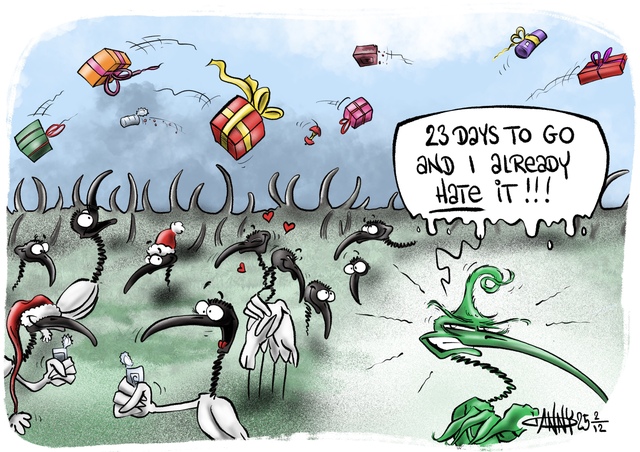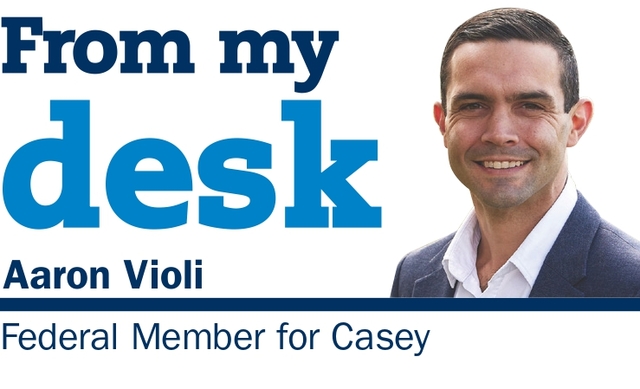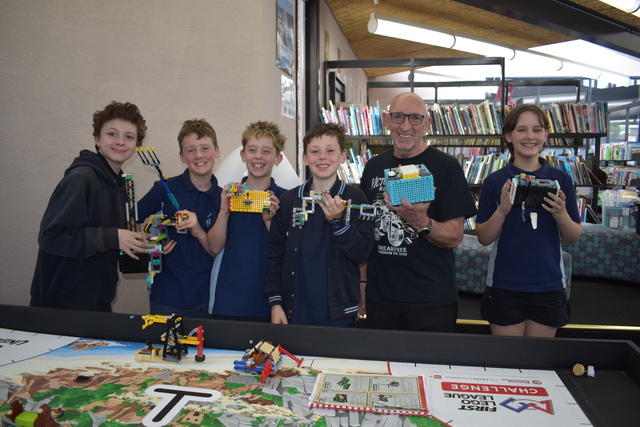Gardens are filling up with colour, trees are wearing their spring green and the birds are returning.
But despite some warm days promising the coming of summer, there are still days of rain, wind and chilliness.
Unpredictability is the order of the day.
And this unstable weather reminds us of the unpredictability of life in general.
Life of course has always been inherently unpredictable.
Philosophers have long grappled with life’s uncertainties, exploring themes of chance, fate, free will, and the human need for meaning in a chaotic world.
And while we cannot predict life, we can find ways to respond—whether through acceptance, adaptability, or creating meaning amid chaos.
You cannot step into the same river twice is a reminder from the ancient Greek philosopher Heraclitus that life is dynamic, that nothing remains static, and each moment is unique.
The saying encourages us to accept the impermanent, ever-shifting nature of reality.
Just as the river changes with each moment, our lives, relationships, and experiences flow and evolve, often in ways we can’t control.
By embracing this, we can adapt to life’s unpredictability with greater resilience and flexibility.
Buddhists view impermanence as a fundamental truth and accepting this is a part of leading a better life.
Robert Frost’s Nothing Gold Can Stay suggests that nothing precious can last forever, a metaphor for life’s inherent uncertainty.
Nature’s first green is gold,
Her hardest hue to hold.
Her early leaf’s a flower;
But only so an hour.
Then leaf subsides to leaf,
So Eden sank to grief,
So dawn goes down to day.
Nothing gold can stay.
People have always faced existential uncertainties like illness and death, but are feeling the unpredictability and uncertainty of change more than ever.
Why? Today changes that affect our daily lives, our jobs and even our social interactions happen at a rapid pace making life feel more unpredictable.
And because we live in a highly connected world we are aware and moved by crises in other parts of the world.
With the internet, social media, and 24/7 news cycles, we are constantly exposed to global events: wars, floods, fires, pandemics and foreign elections.
For many young people this is a time of great uncertainty as they face the challenges of transitioning to either the workforce or further study.
Anxiety, depression, stress and feelings of powerlessness are increasingly common among young people, often brought on by the pressures of exams, career uncertainty, and social media.
Perhaps we are failing our young by not preparing them to face this new brave world that they are inheriting and not showing them ways of coping.
Poets often capture the beauty, tragedy, and mystery of life’s unpredictability, exploring how it shapes human experience, emotions, and understanding.
These poets suggest that life’s unpredictability is not necessarily a challenge but can be an invitation to grow and while the future remains unseen, the act of embracing the unforeseen can be one of the most
transformative human experiences.
In The Four Quartets Eliot suggests that in the face of life’s uncertainties one might simply try to be present and open to life’s challenges.
Eliot sees a kind of peace in ‘waiting’ and in ‘the stillness,’ acknowledging that sometimes answers are beyond our control or understanding.
And that despite our search for certainty, unpredictability is woven into existence, making the journey itself as valuable as the destination.
I said to my soul, be still, and wait without hope
For hope would be hope for the wrong thing; wait without love,
For love would be love of the wrong thing; there is yet faith
But the faith and the love and the hope are all in the waiting.
Wait without thought, for you are not ready for thought:
So the darkness shall be the light, and the stillness the dancing.
Robert Frost’s The Road Not Taken about diverging paths in a wood expresses the profound impact of choices, acknowledging that life is full of unforeseen turns.
The unpredictability of these choices defines our journeys, suggesting that embracing uncertainty can lead to unexpected growth.
Excerpt
Two roads diverged in a yellow wood,
And sorry I could not travel both
And be one traveller, long I stood
And looked down one as far as I could
To where it bent in the undergrowth;
Then took the other, as just as fair,
And having perhaps the better claim,
Because it was grassy and wanted wear;
Though as for that the passing there
Had worn them really about the same,
Nature, with its cycles and surprises, symbolizes life’s unpredictability, and connecting with it can also help us navigate our own anxieties.
In The Peace of Wild Things, Wendell Berry addresses uncertainty and anxiety.
When despair for the world grows in me
and I wake in the night at the least sound
in fear of what my life and my children’s lives may be,
I go and lie down where the wood drake
rests in his beauty on the water, and the great heron feeds.
I come into the peace of wild things
who do not tax their lives with forethought
of grief. I come into the presence of still water.
The truth is that life is always evolving, and our growth and resilience depend on how we
choose to adapt to and embrace those changes. But as Rumi wrote:
Try not to resist the changes that come your way. Instead, let life live through you. And do not worry that your life is turning upside down. How do you know that the side you are used to is better than the one to come?
You are invited to the Woorilla Gala Awards Event at 2pm on 17 November at The Hub, Emerald







